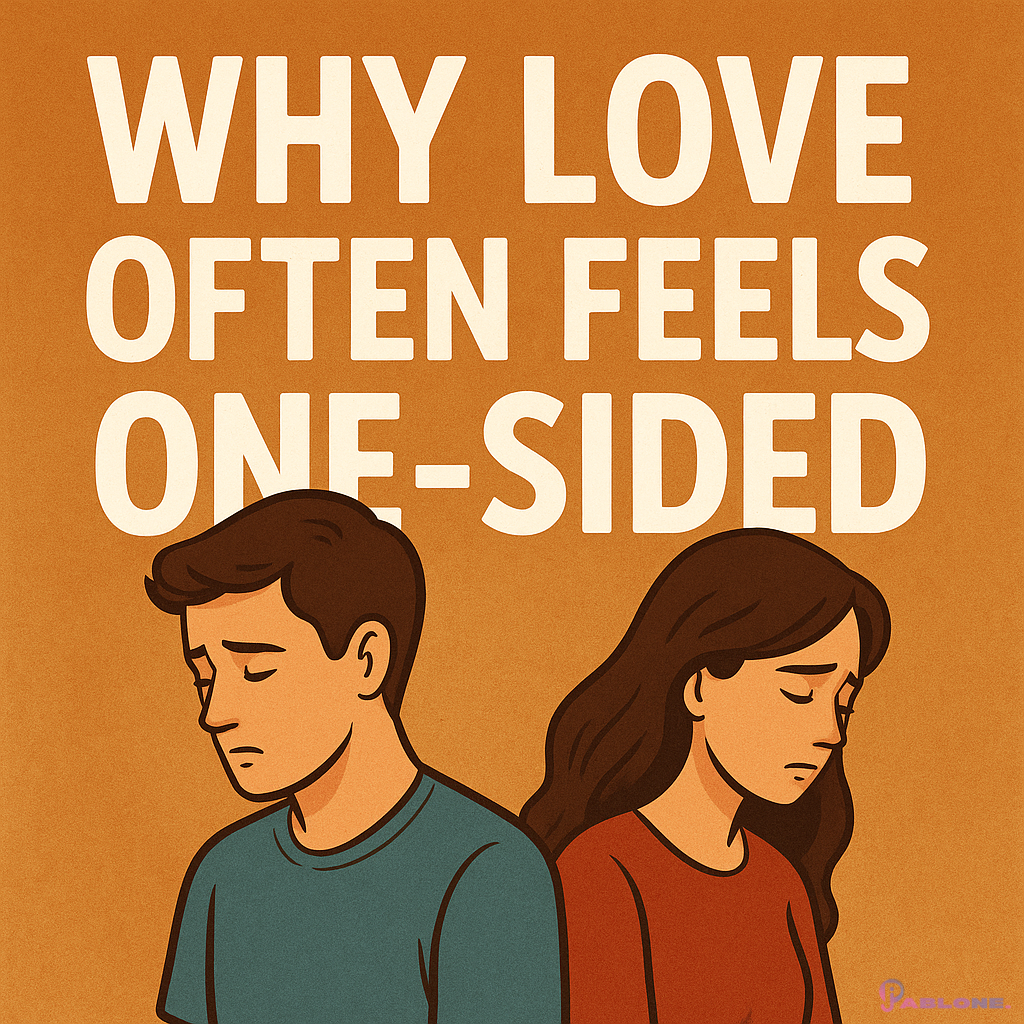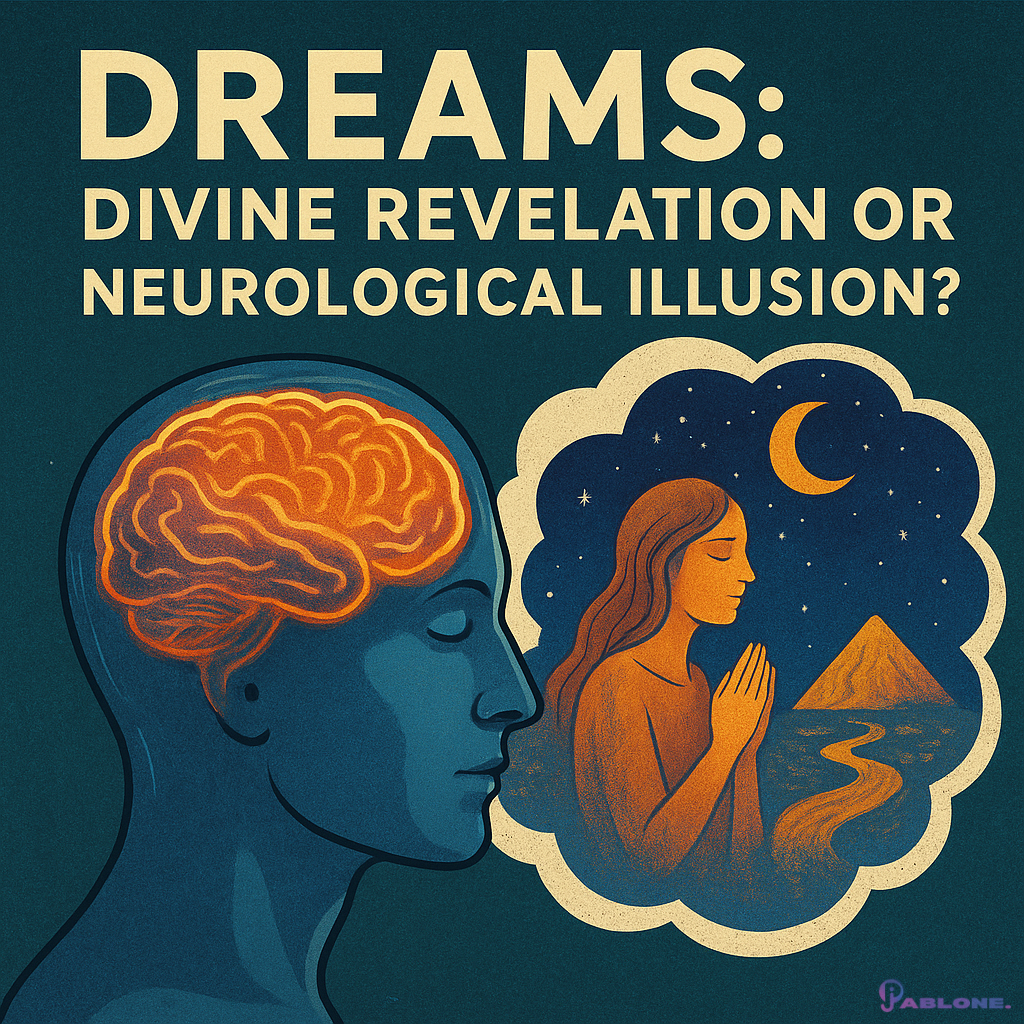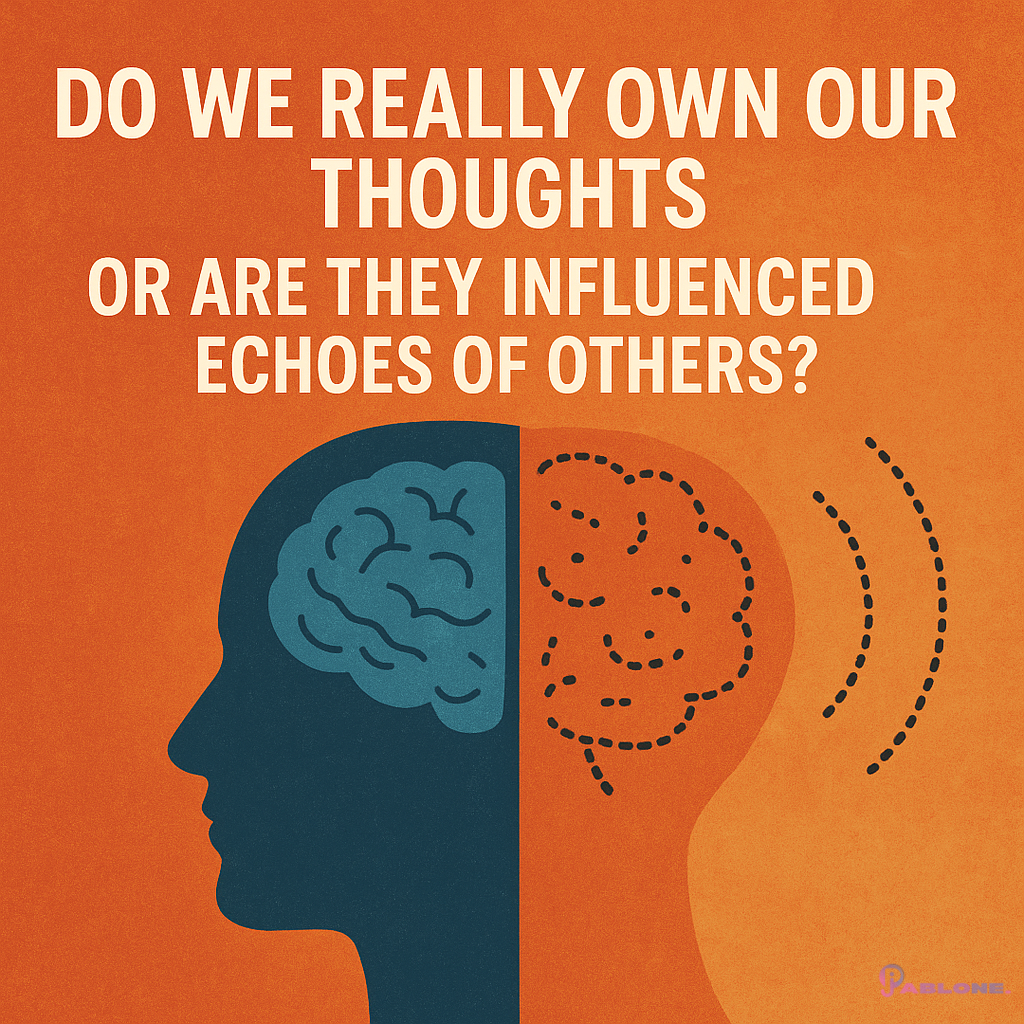Why Love Often Feels One-Sided: Understanding the Mystery of Human Emotions
Love is one of the most beautiful yet complicated emotions we experience in life. Almost everyone, at some stage, has faced a situation where their feelings were not returned in the same way. A boy might truly care for a girl, prioritize her happiness, and stay by her side through every up and down, only to hear the words:
“You are such a good friend, but honestly, I don’t feel the same way.”
On the other hand, the same girl may deeply love someone else — maybe a person who doesn’t value her, someone who is toxic, or even someone she has never met in person. Surprisingly, even after facing betrayal or heartbreak, many still continue to hold feelings for such people. And this is not just limited to girls — many boys do the same with girls who genuinely care for them.
This raises a deep question: Why do feelings rarely come equally from both sides at the same time? Why do we often ignore the person who is right in front of us, truly caring, and instead chase someone who might not even deserve our love?
Let’s try to understand this from psychology, biology, and the reality of human behavior.
1. Love Is Not Always About Effort, It’s About Chemistry
One of the biggest truths of human attraction is that it doesn’t follow logic. You may do everything right — care, support, give time, and prioritize someone — yet that person may not feel romantic love towards you. Why? Because attraction is not a checklist.
Love often begins with chemistry, a mix of physical attraction, emotional triggers, and subconscious factors. For example:
-
A smile, a look, or a way of talking can spark emotions.
-
Sometimes, just the mystery of someone we can’t easily have makes them more attractive.
-
Meanwhile, the one who is “always available” may feel safe but not exciting.
This doesn’t mean caring is wasted, but it explains why love is not always fair.
2. The Friendzone Phenomenon
We often hear the term friendzone, where one person gives everything — love, time, care — but is only seen as “a good friend.” This happens because:
-
When someone always gives, they may be unconsciously seen as secure but not “romantically exciting.”
-
Familiarity sometimes reduces curiosity. People tend to value mystery and chase what they don’t fully have.
-
Attraction often sparks in the early stages; once someone categorizes you as a “friend,” it’s hard for them to change that image.
It’s painful, but it shows how our hearts don’t always align with what is logically best for us.
3. Why Do People Love Toxic Partners?
A strange reality is that many fall for people who hurt them, ignore them, or even cheat. Even after emotional suffering, they continue to carry feelings. There are psychological reasons for this:
-
Dopamine and reward cycle: Toxic partners often give love in cycles — sometimes they are sweet, sometimes cold. This inconsistency creates a “reward loop” in the brain, making the person crave attention even more.
-
Ego and challenge: Some people feel drawn to the challenge of “winning over” someone hard to get.
-
Past experiences: Childhood attachment styles play a role. If someone grew up with inconsistent love, they may unconsciously seek the same pattern in relationships.
This is why even good, caring partners are often ignored, while toxic ones are chased.
4. Timing and Emotional Readiness
Love is not only about who you meet, but also when you meet them.
At a young age, many people don’t fully understand the value of someone who truly cares. Instead, they are attracted to physical appearance, excitement, or social image. With time and maturity, they begin to realize that character, loyalty, and emotional stability matter more.
Sadly, by the time this maturity comes, the person who once gave everything may have already walked away. That’s why people often regret later in life, saying:
“I wish I had valued that person who truly cared for me.”
5. Physical Appearance vs. Character
Another factor is physical attraction. Humans are naturally drawn to appearances at first. While character is extremely important for long-term relationships, initial attraction often begins with looks, charm, or confidence. That’s why someone may ignore a genuinely good-hearted person and chase someone more physically appealing, even if they lack good character.
But with maturity, the balance shifts. Many people later realize that looks fade, but character and loyalty remain. Unfortunately, many learn this lesson only after heartbreak.
6. Why Feelings Rarely Match Equally
The simplest explanation is this: love is not a transaction; it’s a connection. You cannot force feelings. Just because one person gives their all doesn’t guarantee that the other person will feel the same.
Think of it this way:
-
We don’t choose whom we are born to.
-
We don’t choose which family we are raised in.
-
Similarly, we don’t fully choose whom our heart feels strongly for.
It’s a mix of emotions, timing, attraction, and subconscious triggers.
7. Who Truly Deserves Love?
This is the most important question: who really deserves love — the one who gives genuine care and priority, or the one who doesn’t value you, hurts you, or isn’t even a part of your life yet?
The honest answer is simple: Love should flow towards the one who values and respects you.
A person who constantly stands by your side, who listens to you, supports your dreams, and makes you feel safe — that person deserves to be loved back. Why? Because love is not just about butterflies in the stomach or temporary excitement. Real love is about building a foundation where two people grow together, trust each other, and bring peace into each other’s lives.
On the other hand, giving your heart to someone toxic, or to someone who doesn’t even bother to value your presence, will only drain your energy. You may feel intense emotions in the beginning, but over time, those emotions will turn into pain and regret.
As for someone you haven’t even met yet — that’s more of an illusion or fantasy than real love. While it’s natural to imagine a “perfect partner,” you can’t build a real relationship with someone who isn’t actually present in your life.
So the truth is:
-
The caring person may not always look the most “exciting” in the beginning, but they are the one who can give you lasting happiness.
-
The toxic or careless person may give you thrill or attraction for a short time, but long-term, they will only hurt you.
-
The imaginary or distant person is not real yet, so giving your emotions entirely there may leave you empty-handed.
Ultimately, the best choice is to love the one who genuinely loves you back. It may take maturity to see it, but that is the only path that leads to peace and lifelong happiness.
8. Is Love Only About Feelings, or Does It Need Something More?
Many people believe love is just about feelings — the butterflies, the excitement, the heartbeat racing when you see someone. And yes, feelings are important. They create the spark that brings two people together. But here’s the truth: feelings alone are never enough to make a relationship last.
Why? Because feelings are temporary. They rise and fall with situations, moods, and even hormones. The same person who makes your heart race in the beginning may one day annoy you, bore you, or disappoint you. If love is built only on feelings, it often fades away with time.
That’s why long-lasting relationships need something more than emotions:
-
Character and values – honesty, respect, and kindness keep two people bonded even when excitement fades.
-
Commitment – the choice to stand by each other during good and bad times.
-
Communication – the ability to talk openly about problems instead of running away from them.
-
Trust and loyalty – without these, no relationship can survive in the long run.
So, what is better: to fall in love with feelings, or with character?
The ideal answer is both. Feelings may spark the beginning of love, but character, loyalty, and shared values are what make love last a lifetime. A relationship built only on attraction may fade, but one built on respect, trust, and care becomes stronger with time.
9. When You Share Everything, Yet They Look Elsewhere for Love
Sometimes, a boy and girl may share a very special connection — they talk daily, support each other, understand each other’s struggles, and even value each other’s character and beliefs. From the outside, it may seem obvious that they are perfect life partners.
But then a strange thing happens:
-
The girl has many male friends, and she feels that maybe among them, she can find her true life partner.
-
The boy has many female friends and thinks the same.
-
Even though they already have a strong bond with each other, one of them ends up falling in love — while the other ignores those feelings and keeps searching outside.
Why does this happen?
-
Taken for granted: When someone is always there, always listening and caring, people may unconsciously take that comfort for granted. They start believing, “This person will always be here for me,” so they don’t see the urgency of choosing them as a partner.
-
Illusion of choice: Having many friends of the opposite gender sometimes creates a false belief: “I have so many options, I’ll find someone better.” This mindset often distracts people from realizing the value of the person who is already closest to them.
-
Fear of losing friendship: Sometimes one avoids accepting feelings because they fear that love might ruin the friendship if things don’t work out.
-
Chasing novelty: Human nature often runs after something new or different, instead of appreciating what feels familiar.
What does this show about the person?
It shows that the person is either:
-
Not emotionally ready to recognize what true love looks like.
-
Still confused about their priorities — focusing more on “options” than on the deep connection they already have.
-
Or, they might value excitement and variety over stability and loyalty at this stage of their life.
What is the best decision in the end?
In the long run, the best decision is to choose the person who:
-
Truly understands your heart.
-
Stands with you in ups and downs.
-
Shares your values and respects your character.
-
Gives you peace instead of confusion.
Because all the “options” from outside may look exciting for a while, but most will not stay when life becomes tough. The one who already values you, listens to you, and supports you — that’s the person who deserves to be your life partner.
10. Can Religious Beliefs Create Problems in Love?
Love is a connection between two hearts, but society often places walls around it. One of the strongest barriers is religious belief and family expectations.
Imagine this: a boy and girl both love each other deeply, they respect each other’s character, and they are genuinely good human beings. Yet, when it comes to taking the relationship forward, families hesitate or even refuse — not because the person is bad, but simply because of differences in religion or tradition.
Why does this happen?
-
Fear of society: Families often worry about “what people will say” if their children marry outside their religion.
-
Cultural pressure: Many communities want traditions to continue, so they resist interfaith relationships.
-
Parental fear: Parents sometimes believe different religions may create conflict later in marriage, especially about children’s upbringing, festivals, or lifestyle.
What happens to the couple?
Even if love is strong, emotions may not enter fully because the couple begins to fear their parents’ reactions. This “religious wall” creates hesitation — love feels risky, even if the connection is real.
What can be done to make things okay?
-
Open and respectful communication: Both partners should talk honestly with their families, not in anger, but with calmness and maturity. Show them that your decision is based on respect, not rebellion.
-
Highlight shared values: Families need to see that beyond religion, both individuals share kindness, loyalty, and respect — which matter most for marriage.
-
Patience and consistency: Sometimes families need time to accept. Initial refusal doesn’t always mean permanent rejection. Patience, maturity, and consistent respect towards parents often melt resistance.
-
Seek support: Having respected elders, relatives, or mediators who understand both sides can help families open their hearts.
-
Focus on love and peace: In the end, parents want their children’s happiness. Showing that your relationship is built on peace, not conflict, makes acceptance easier.
The truth:
Religious belief can create problems, but it doesn’t always have to end love. If both partners are truly committed, respectful, and patient, many families eventually realize that love between two good human beings is stronger than any boundary.
11. Lessons We Can Learn
Even though one-sided love is painful, it teaches us powerful lessons:
-
Value yourself first. Never lose your self-worth while trying to win someone’s love.
-
Love cannot be forced. You can express your feelings, but you can’t demand them back.
-
Maturity takes time. People eventually realize the value of genuine love, even if too late.
-
True connection is rare. That’s why when you do find someone who truly matches your emotions, never take them for granted.
Conclusion:
The truth is, love often feels unfair. The one who cares the most is not always loved back. The one who hurts may still be loved deeply. And equal feelings from both sides are rare and precious.
It’s not just only about mood swings, age, or appearance — it’s about the mysterious, unpredictable nature of the human heart.
Yes, maturity helps people realize the mistakes of their youth, but the key lesson is this: don’t chase someone who doesn’t value you, and don’t ignore someone who truly cares.
Because in the end, love is not about who gives the most effort — it’s about who makes your heart feel alive, safe, and at peace!






Leave a Reply